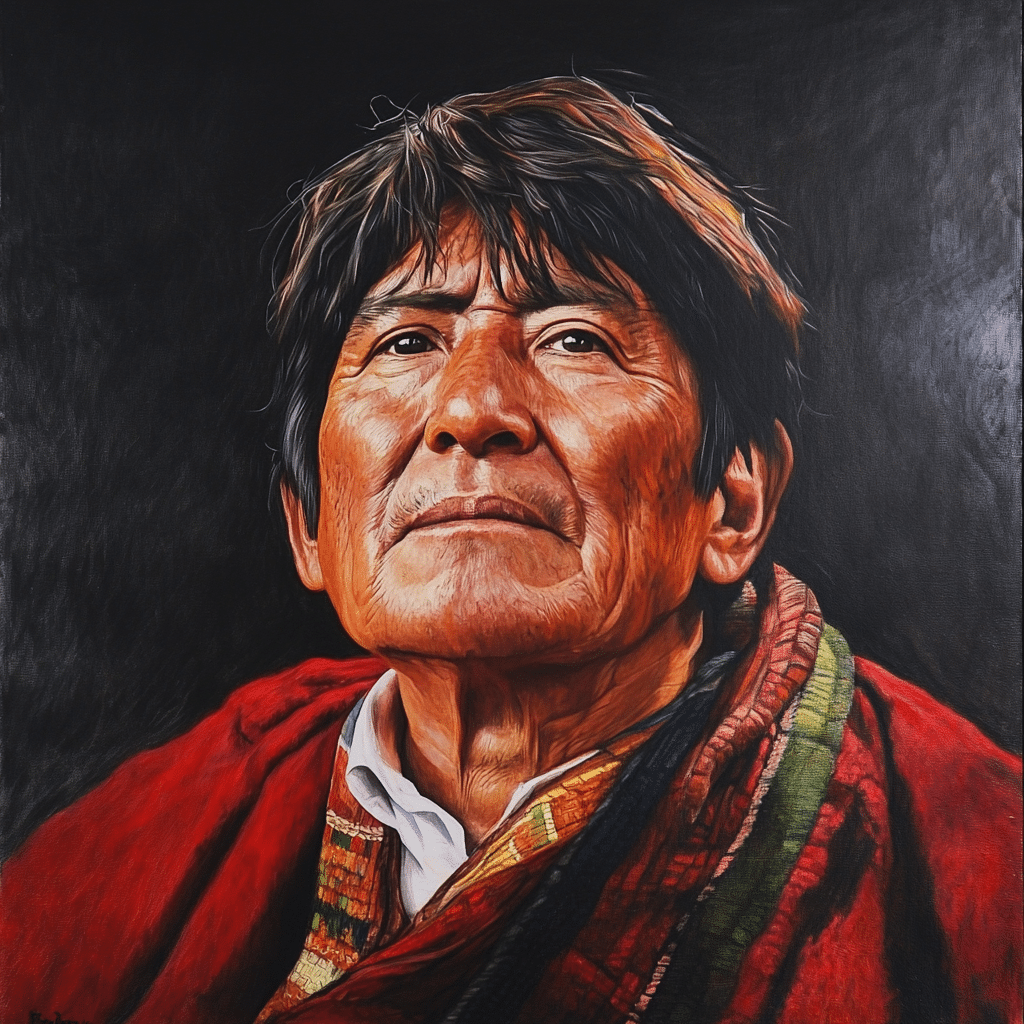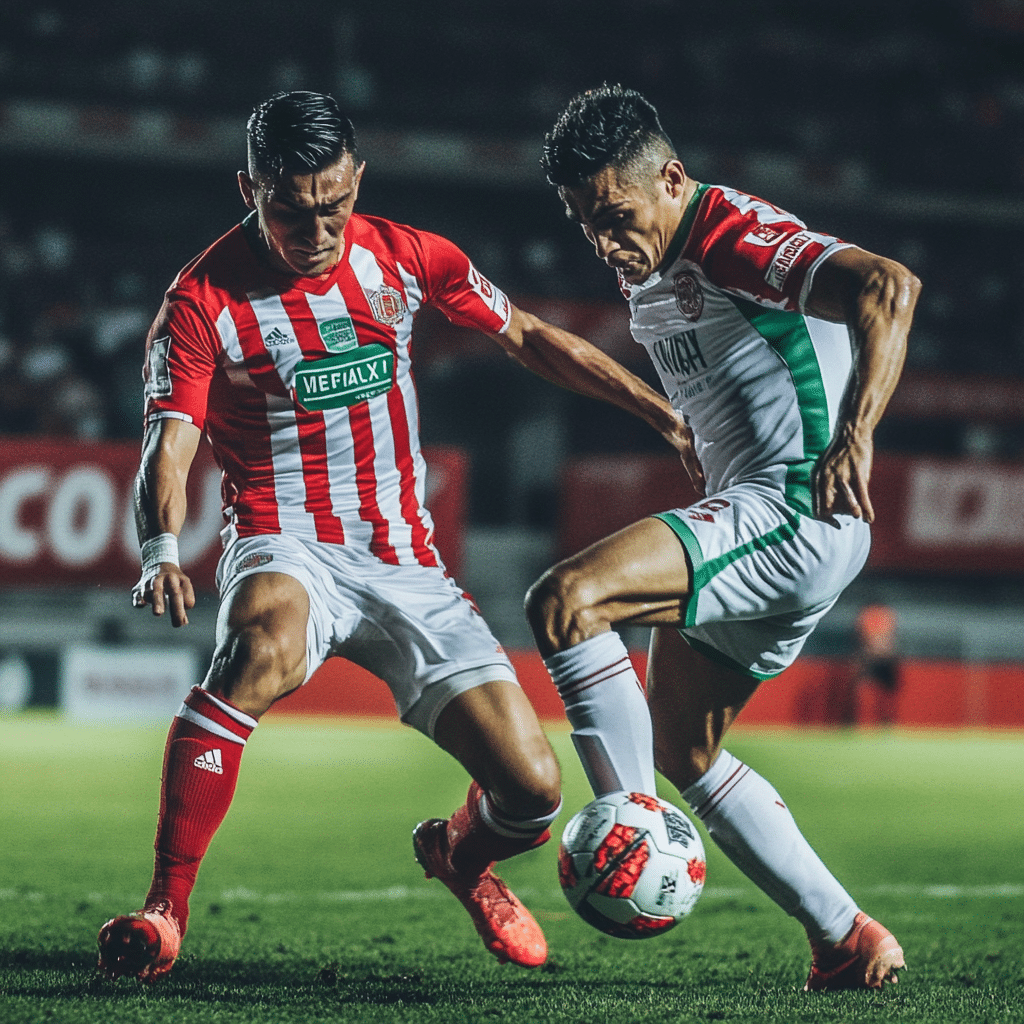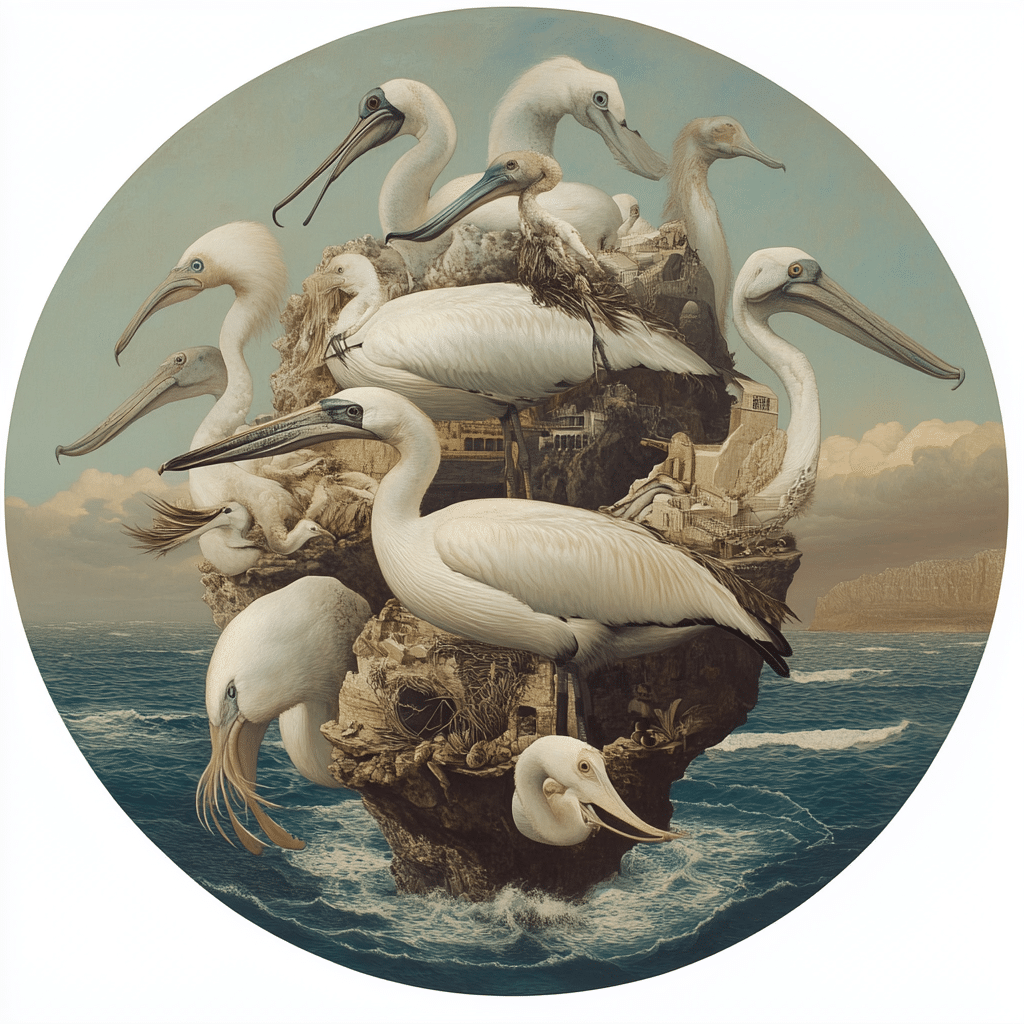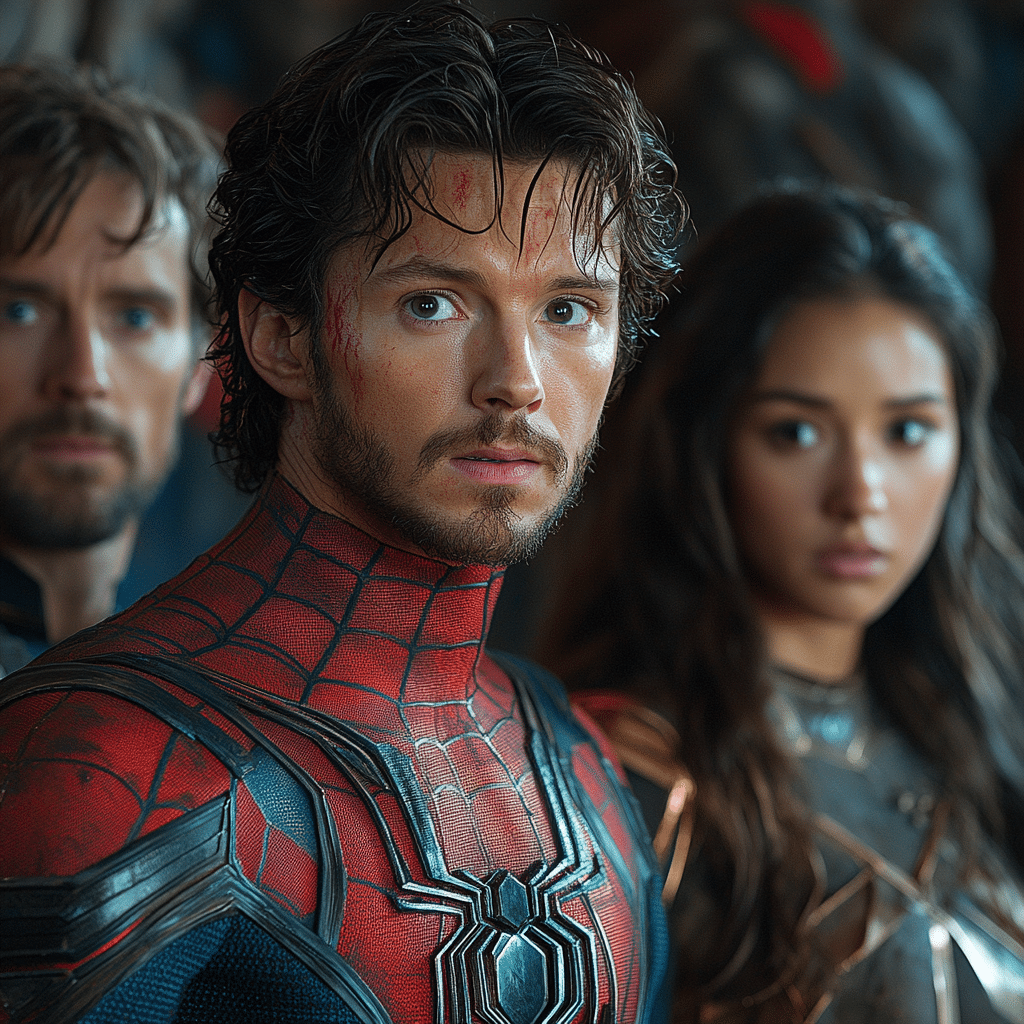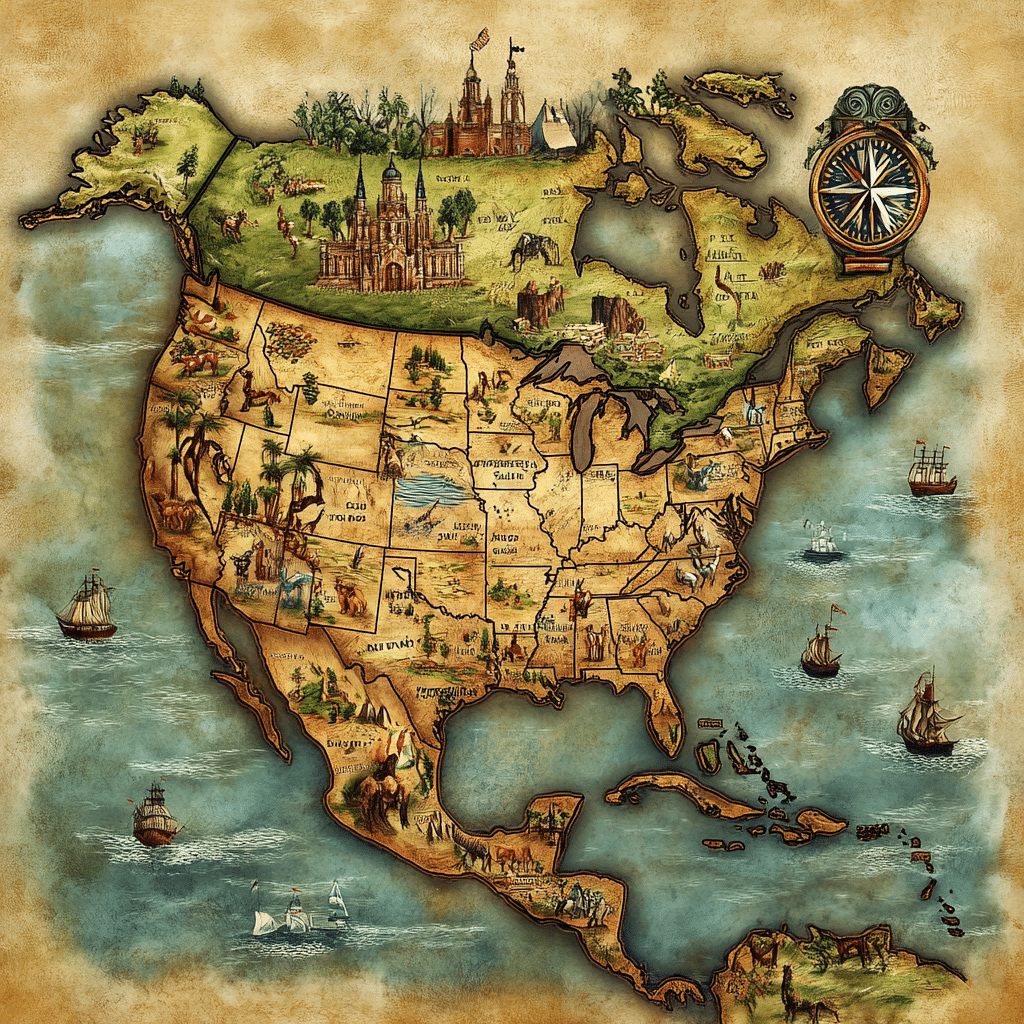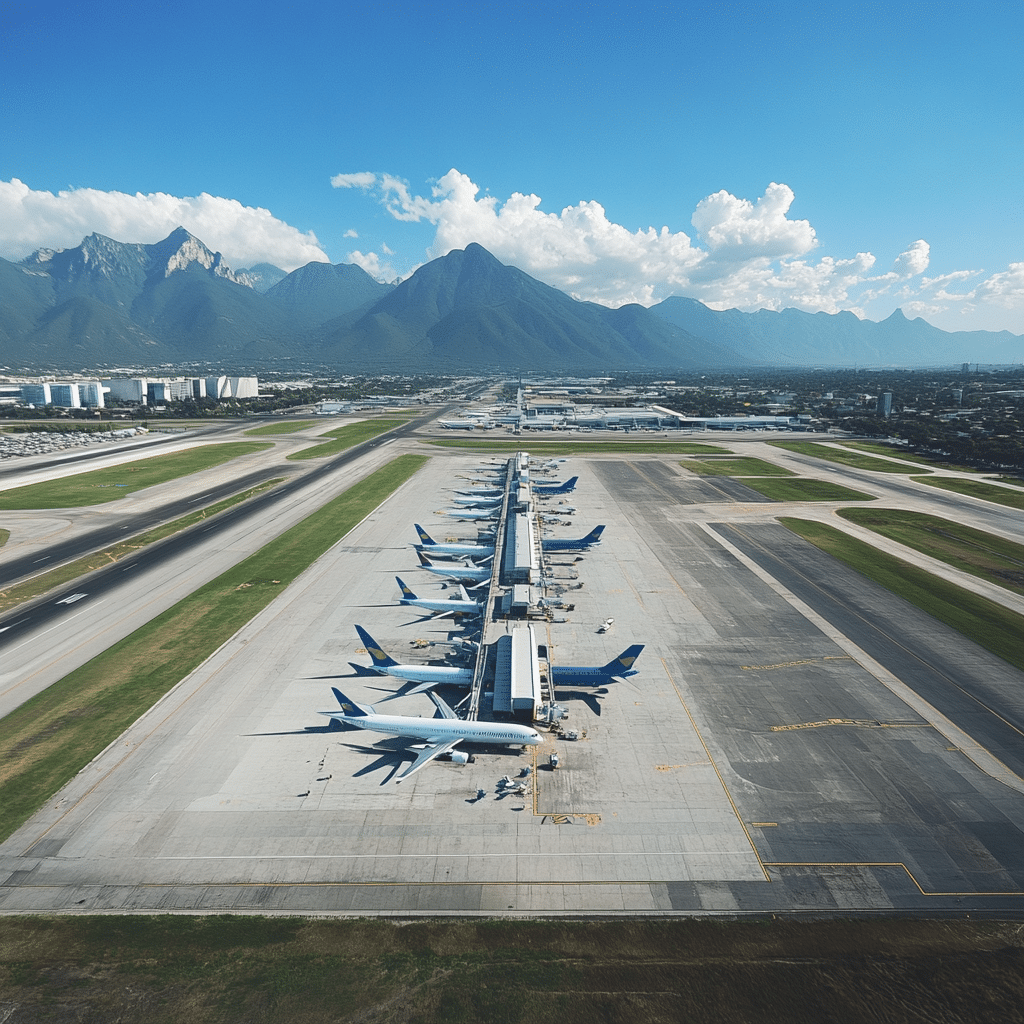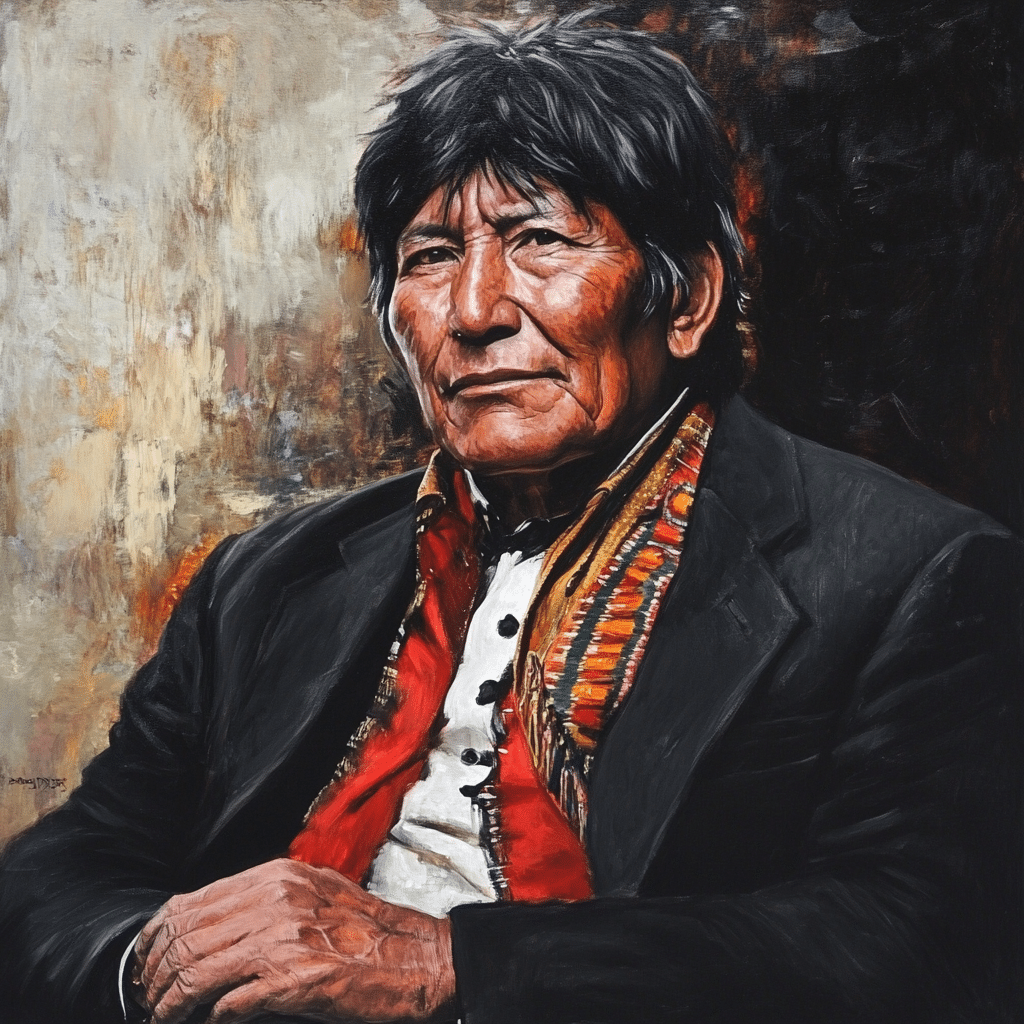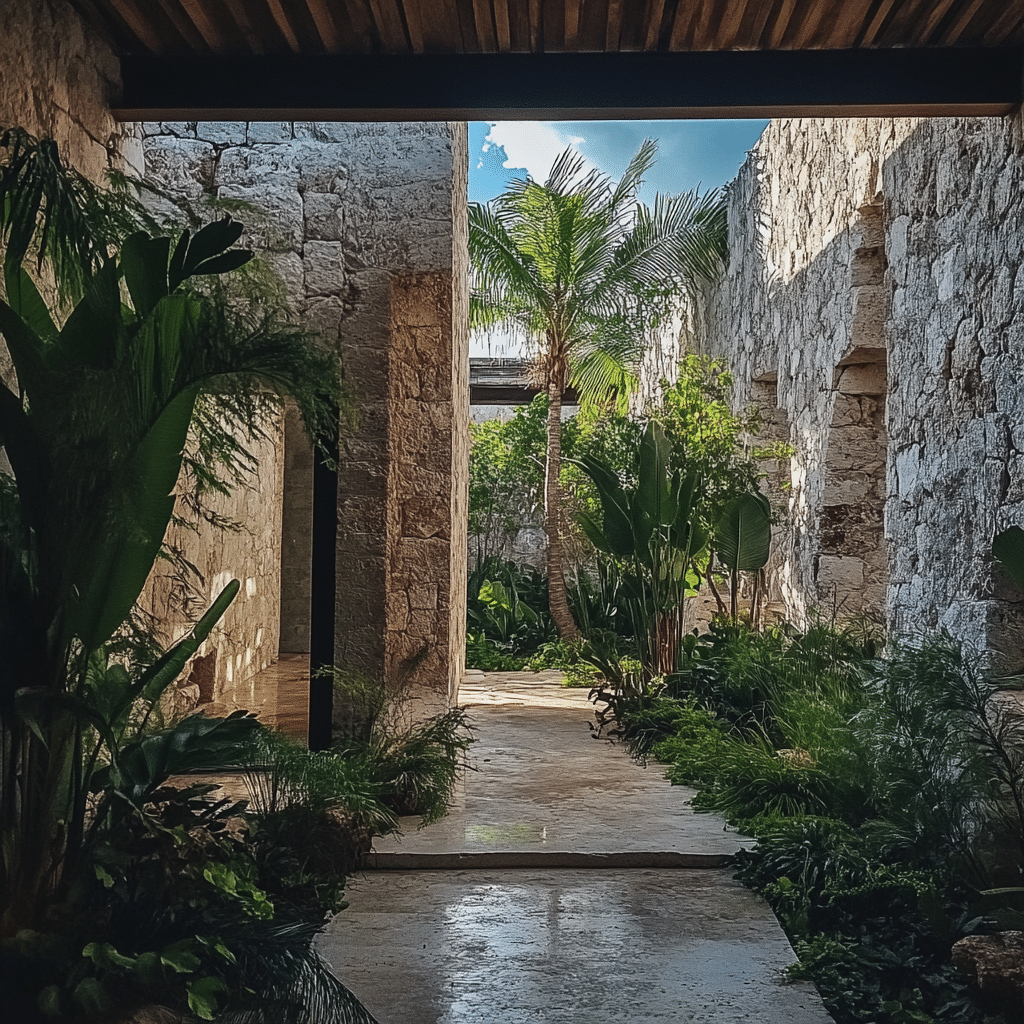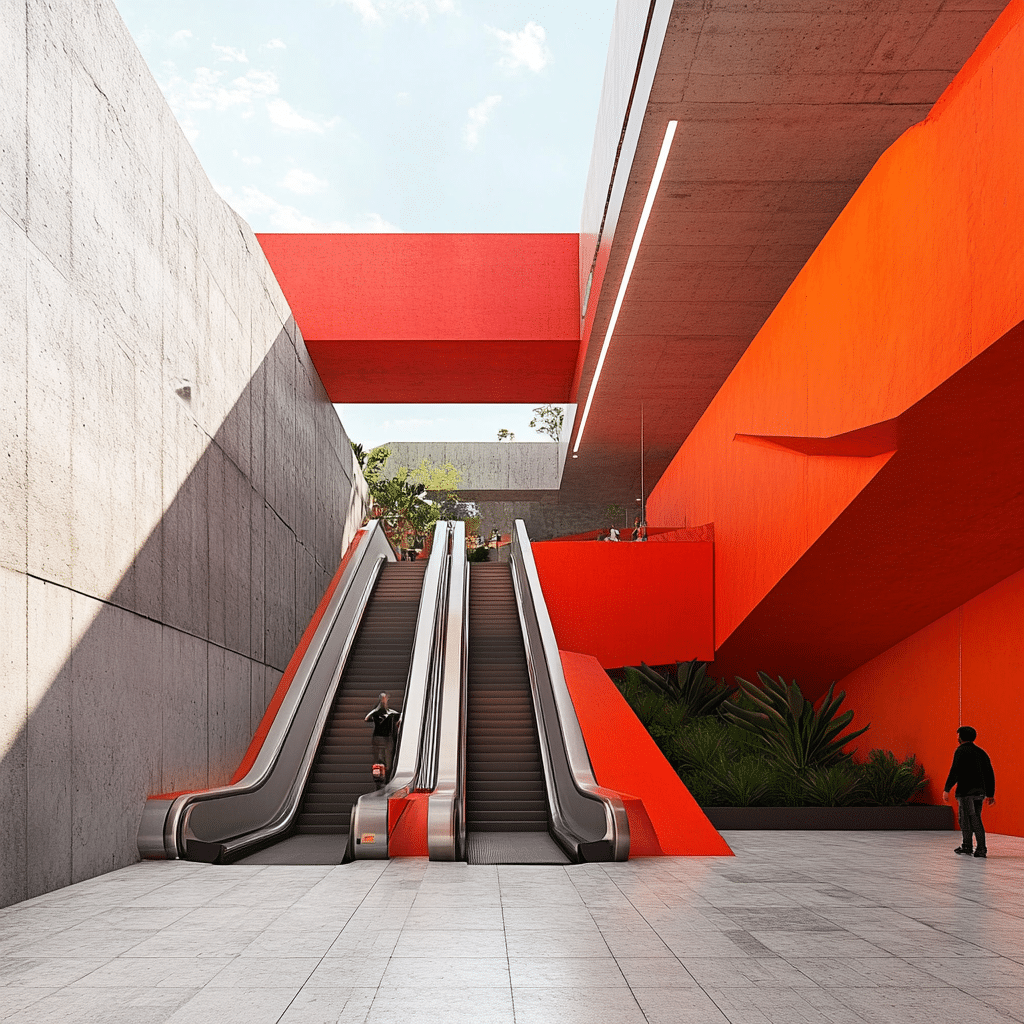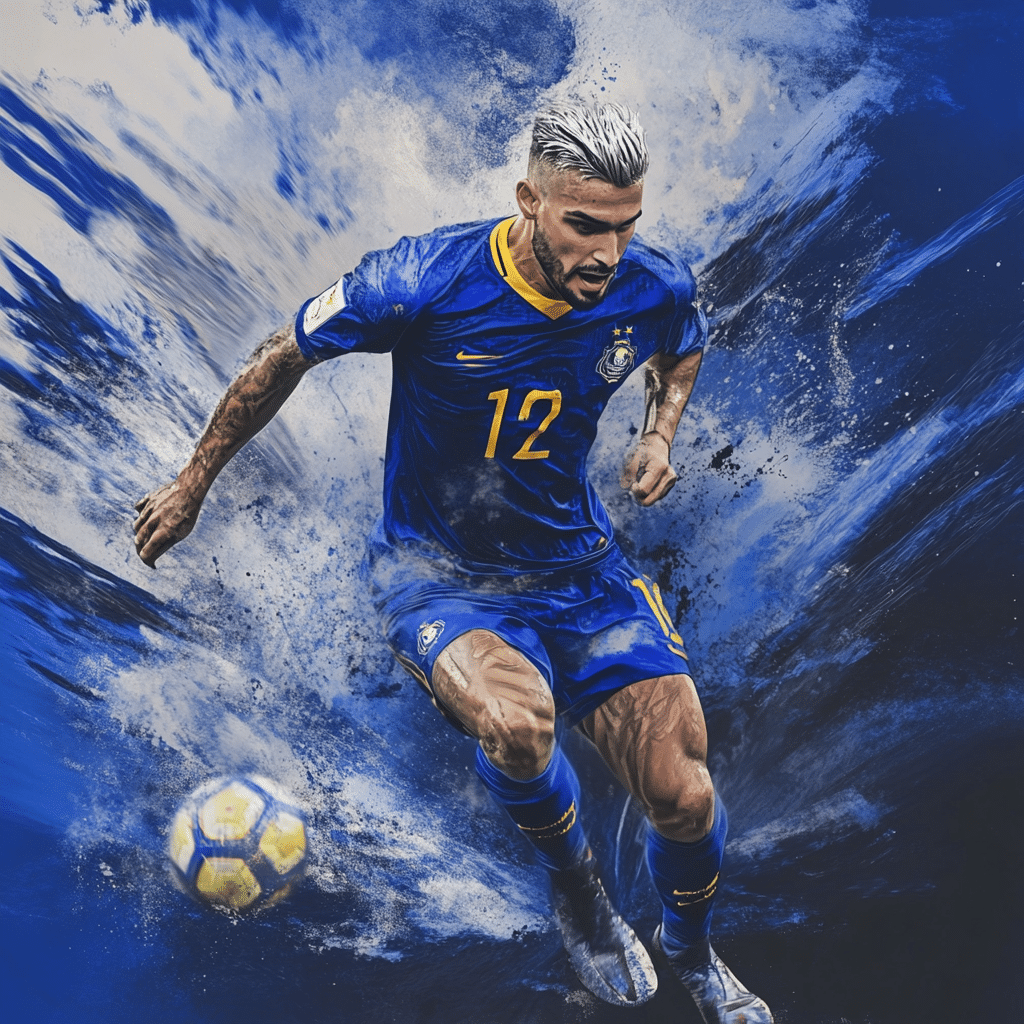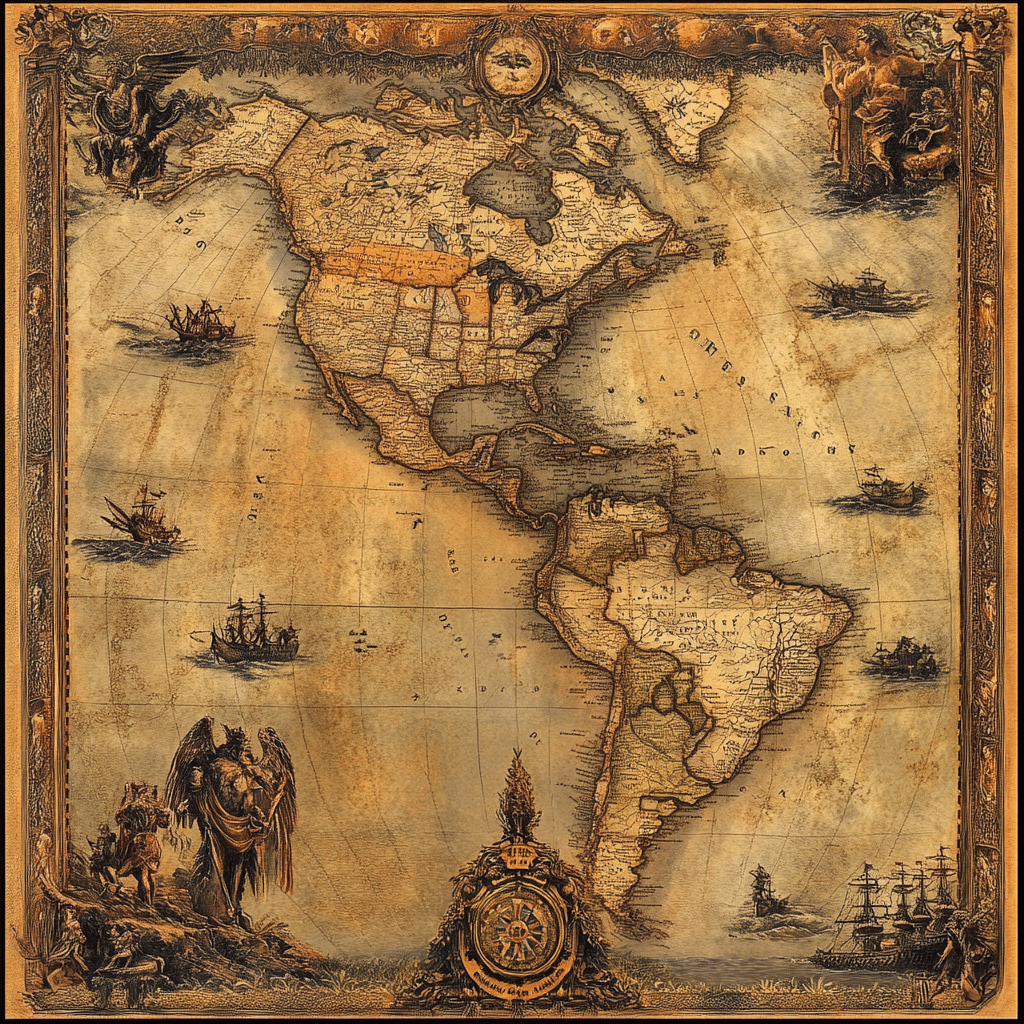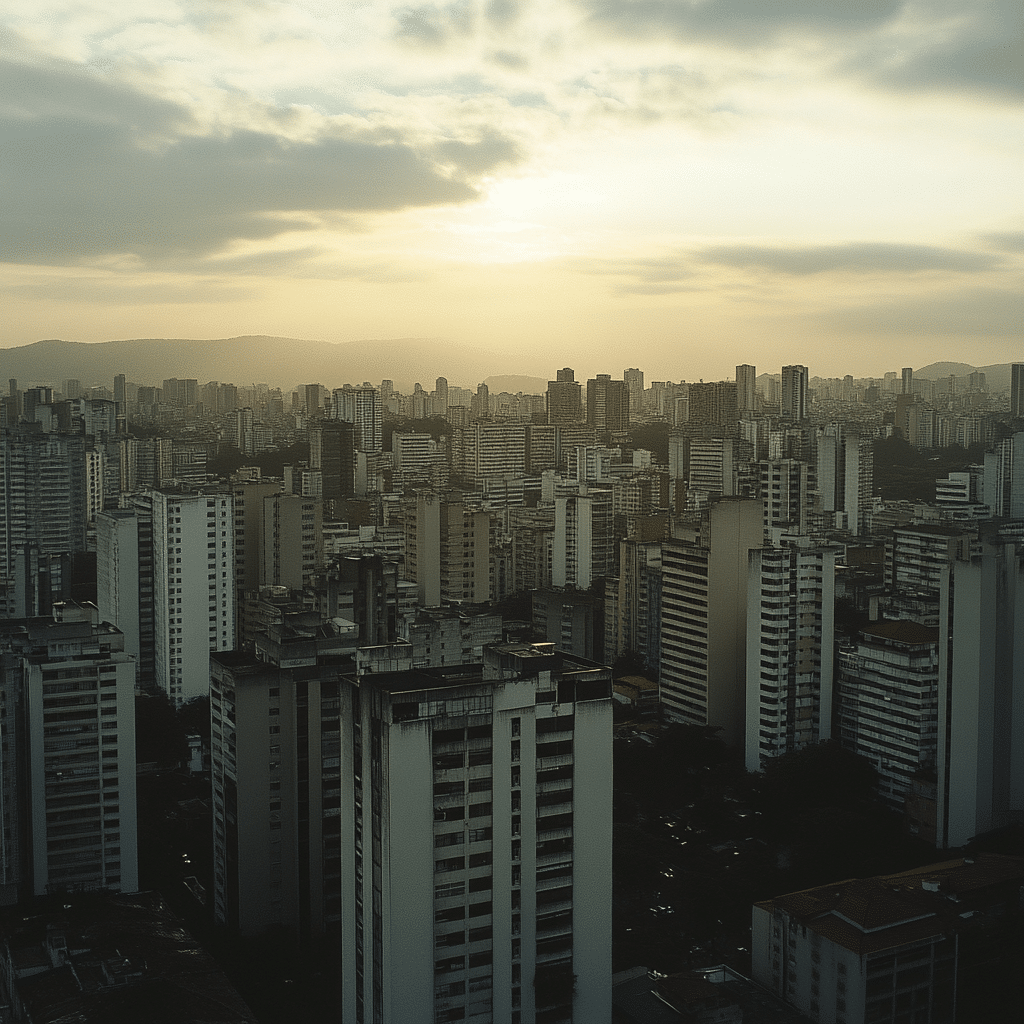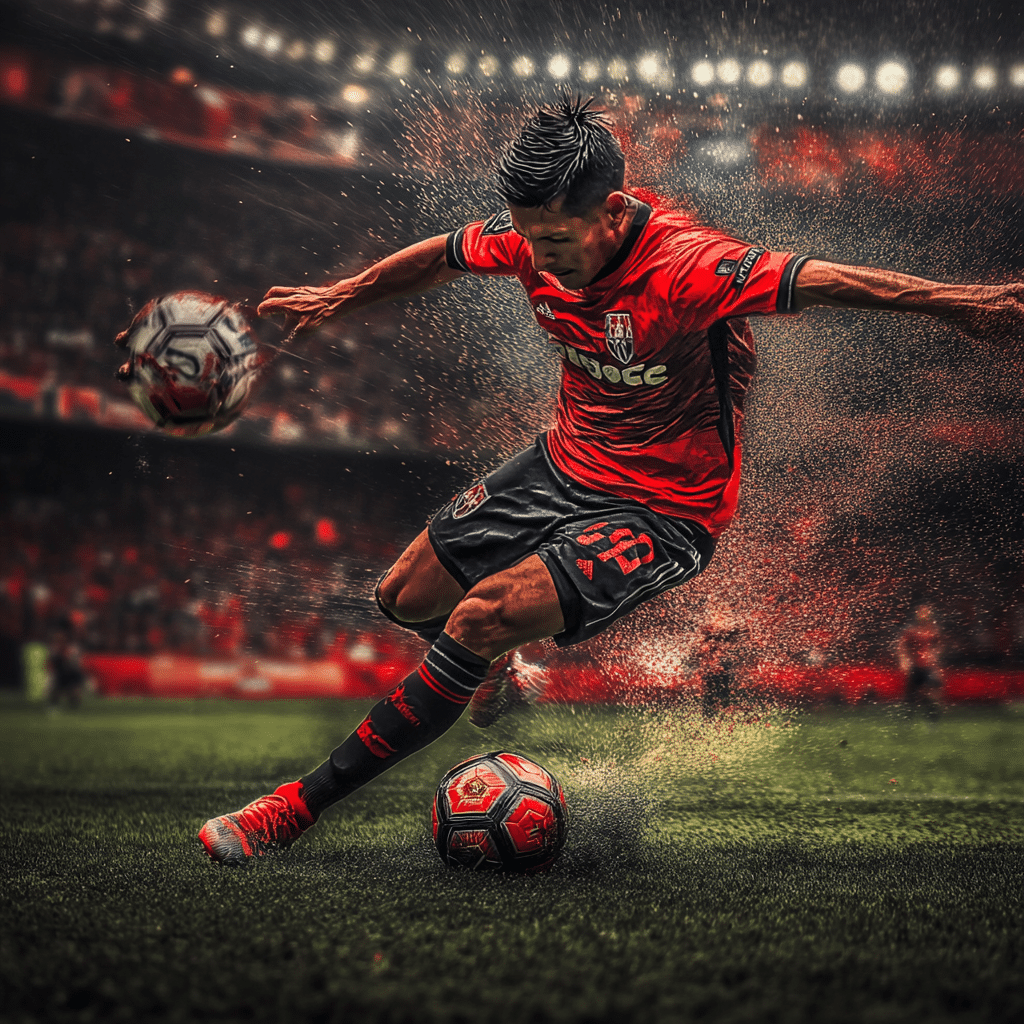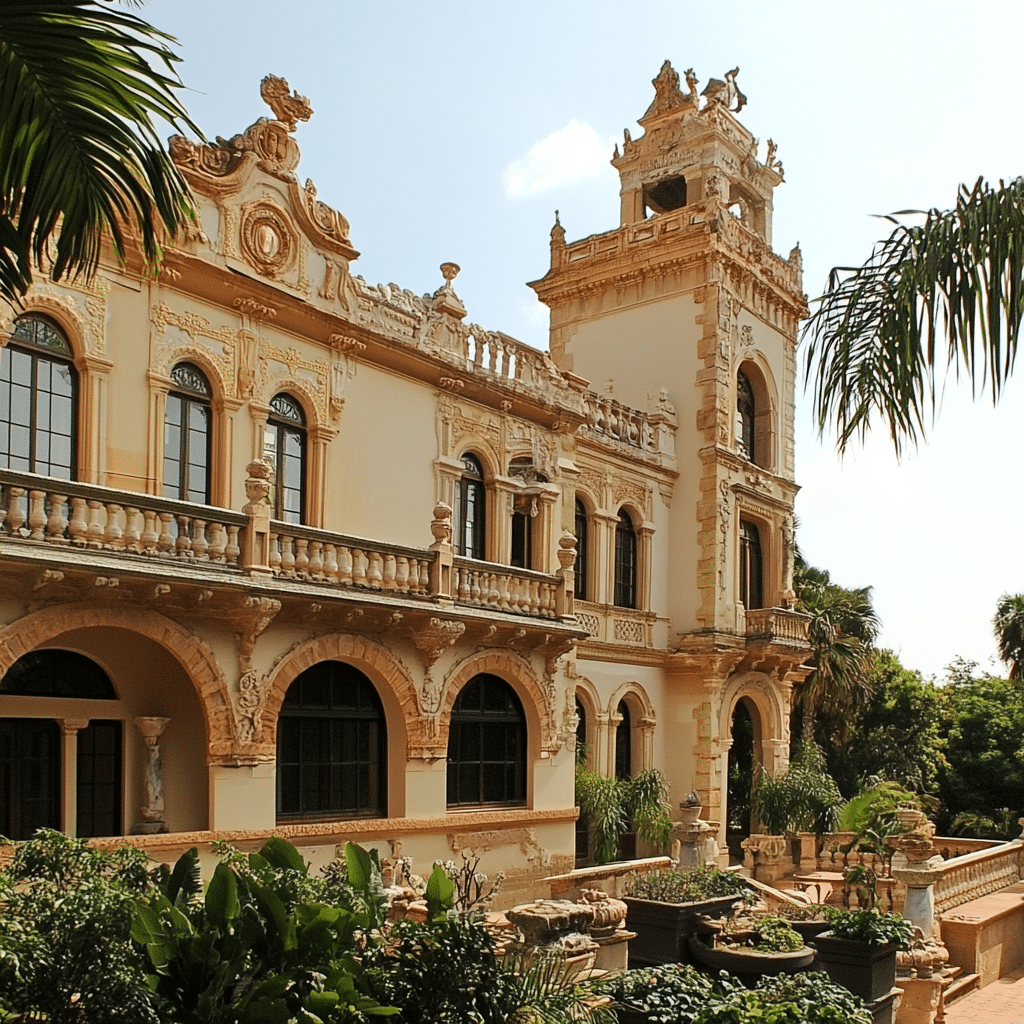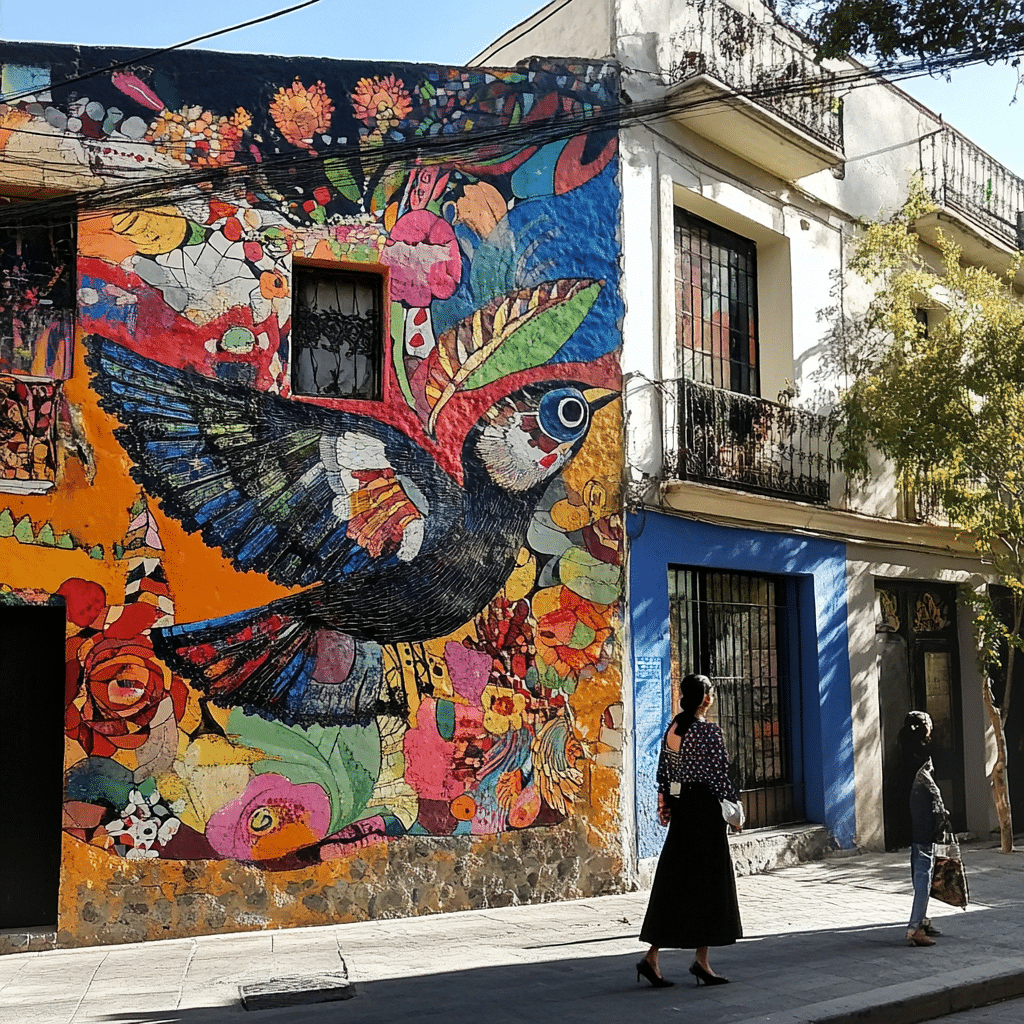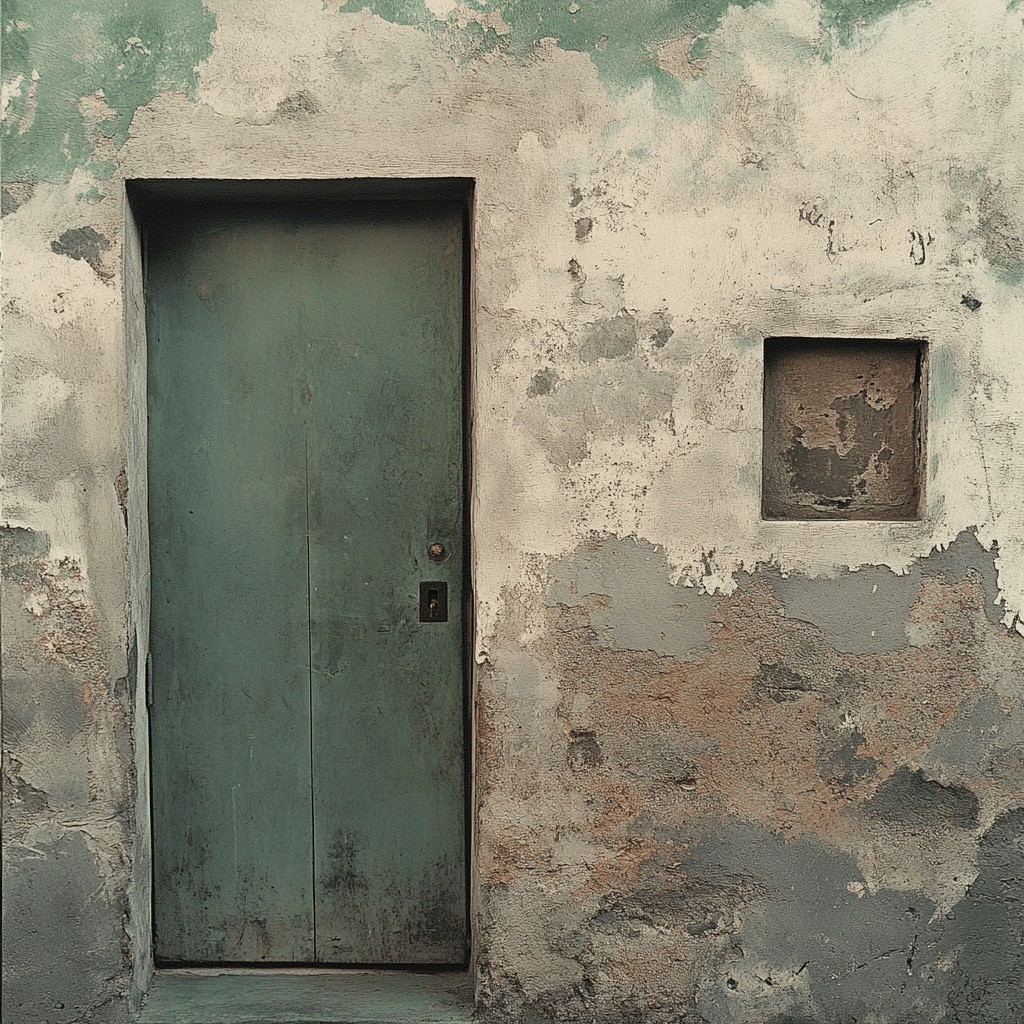Evo Morales, the first indigenous president of Bolivia, changed the game in numerous ways during his tenure from 2006 to 2019. His leadership wasn’t just about who held the reins; it was about altering how governance interacted with the fabric of Bolivian society. With over 60% of the population identifying as indigenous, Morales’s policies did more than enforce legislation—they resonated with cultural identity and ignited hope for many marginalized communities. Let’s dive into seven key ways Evo Morales transformed Bolivia’s political landscape and shaped society as we know it.

1. Strengthening Indigenous Rights and Identity
When Evo Morales took office, he marked a profound moment for Bolivia’s indigenous population. His administration emphasized cultural heritage like it’s a beloved folk song, celebrating the roots of Bolivians who had long been sidelined from the political process. The 2009 Constitution was a game-changer; it recognized indigenous autonomy for the first time, granting communities a voice in governance.
Morales wasn’t just about paperwork—his policies made tangible changes. By promoting indigenous languages, traditions, and cultural practices, he instilled a sense of pride among those who felt invisible in their own land. In a way, Morales sang the anthem of equity, echoing the calls for recognition that have been resonating for decades.
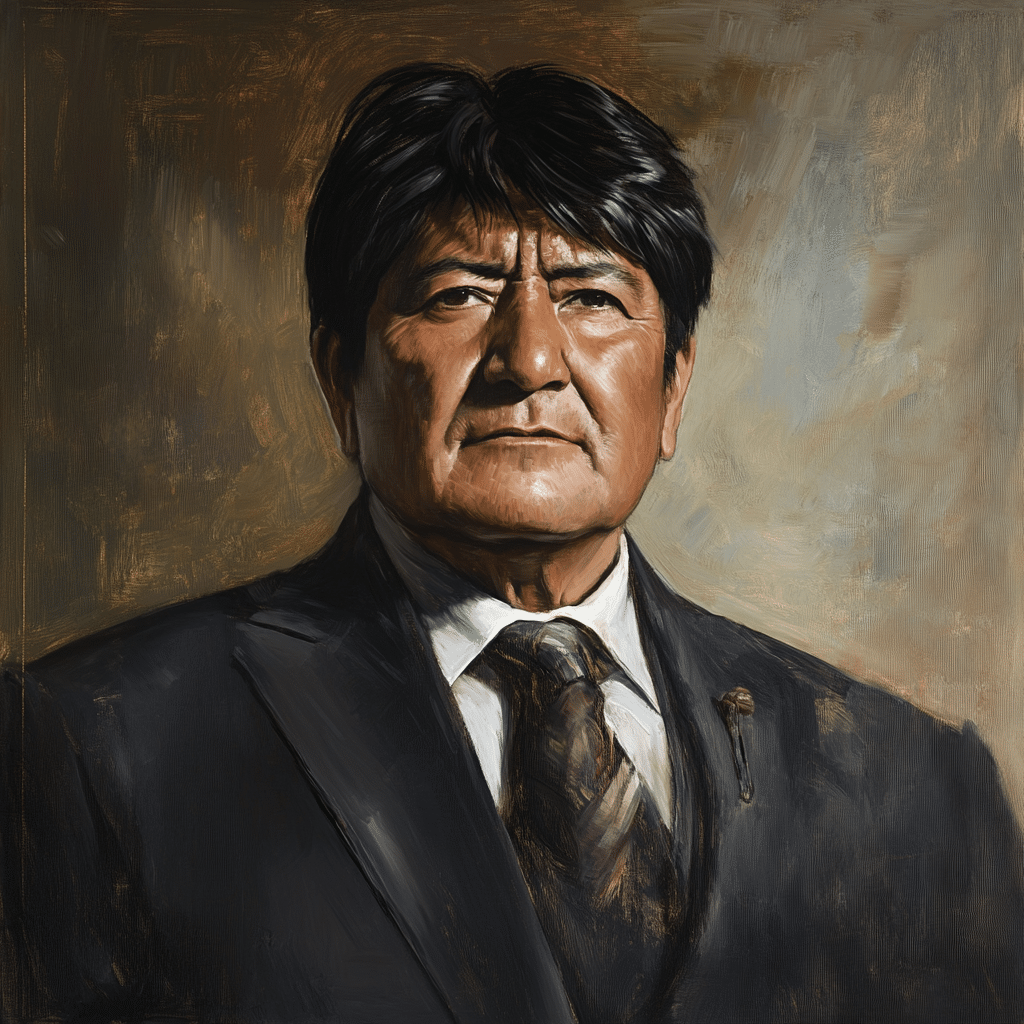
2. Economic Nationalization and Resource Control
Evo Morales revolutionized Bolivia’s economy through the nationalization of vital industries, especially natural gas and oil. This wasn’t just a shift; it was a bold assertion of Bolivian sovereignty, reminiscent of how Porfirio Díaz faced backlash for foreign control in the 19th century. By redirecting state revenues from foreign corporations to the national treasury, Bolivia saw its GDP soar. It jumped from about $9 billion in 2005 to over $40 billion by 2019, illustrating a clear economic renaissance.
The economic boost didn’t just line the pockets of government officials; it fostered growth in infrastructure, education, and healthcare. Morales’s approach laid down the track for large-scale projects that made a real difference in people’s lives. He tapped into the nation’s resources, ensuring that Bolivians could reap the benefits instead of distant investors.
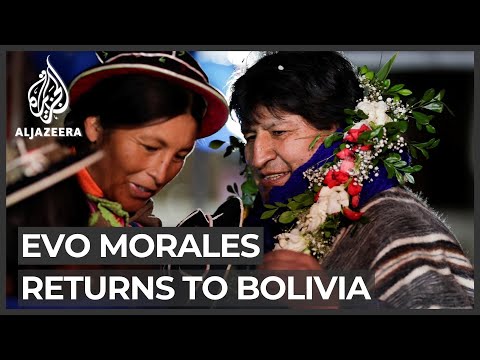
3. Education and Healthcare Reforms
Under Morales, education and healthcare became cornerstones of societal reform. His government prioritized extensive investments, similar to the aspirations during Adolfo López Mateos’s presidency in Mexico, which sought to broaden access to social services. By implementing free education and universal healthcare, Morales didn’t just chip away at illiteracy rates; he practically smashed them to pieces.
This commitment to social reform reshaped the narrative surrounding education and healthcare in Bolivia. Millions of citizens, especially in rural areas, gained unprecedented access to services that had been previously out of reach. As a result, a wave of empowerment surged through previously disenfranchised communities, steering the nation toward a healthier and better-educated future.
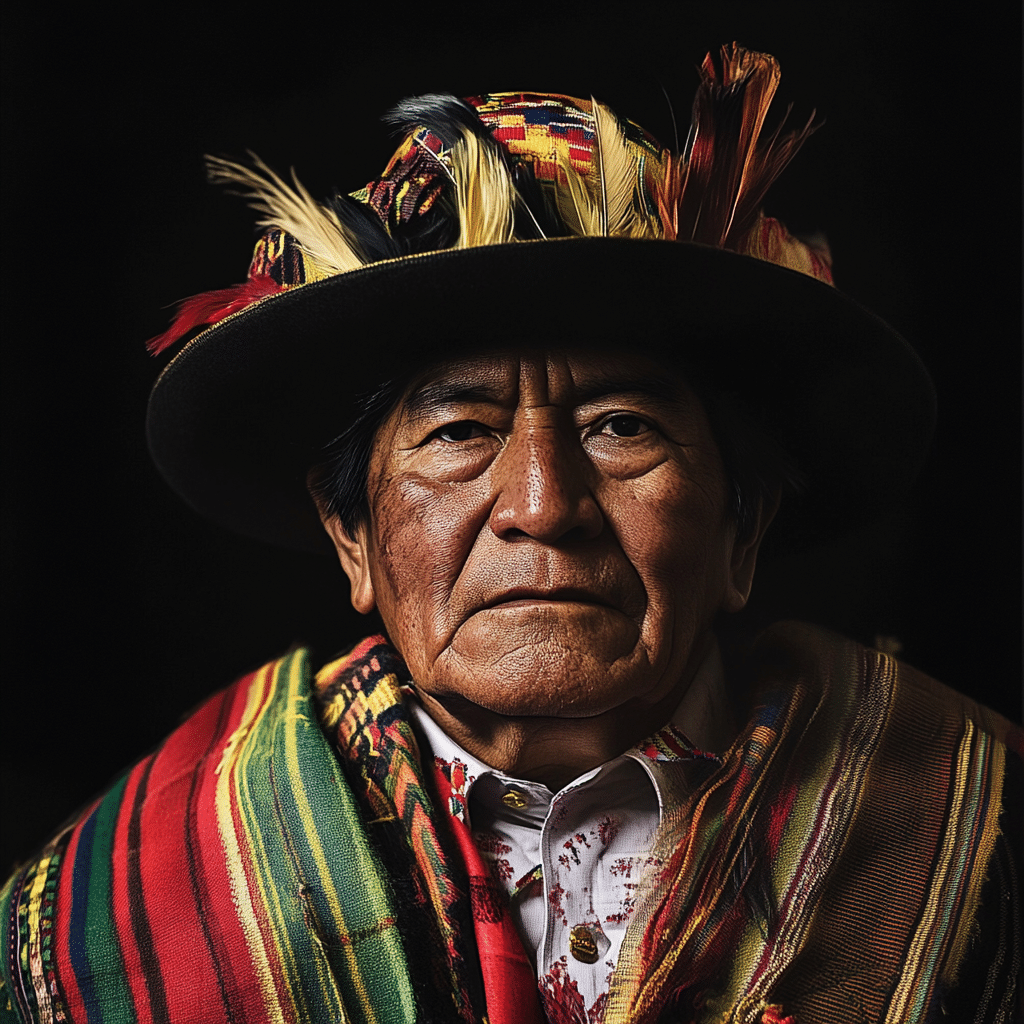
4. The Role of Social Movements in Politics
Evo Morales emerged from grassroots activism, and his presidency illuminated how important social movements are to Bolivia’s political energy. His administration reinvigorated the role of unions and cooperatives, allowing citizens to play a significant role in shaping policies. This grassroots engagement is reminiscent of Vicente Guerrero’s legacy in Mexico, where the revolution bent towards equality and rights.
Morales’s ability to harness this political mobilization led to a governance model that was participatory and responsive. The voices of laborers rang loud and clear in political discourse, fostering a sense of belonging and unity among Bolivia’s diverse factions. Morales’s legacy continues to resonate in these movements, emphasizing that democracy thrives when people are united in voice.
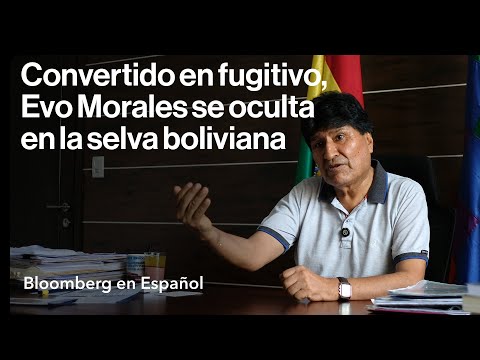
5. Regional Influence and Integration
Under Evo Morales, Bolivia took a deeper dive into regional integration, forming strategic alliances with groups like ALBA (Bolivarian Alliance for the Peoples of Our America). His foreign policy reflected a strong anti-imperialist stance, aligning with other leftist governments in Latin America to create a counterweight to neoliberal approaches. This strategy wasn’t just clever politics—it was a bold statement that echoed previous struggles like Porfirio Díaz’s efforts against colonial powers.
By embedding Bolivia’s interests within regional coalitions, Morales reinforced his country’s position on the continental stage. This unity was not merely about politics; it was a cultural movement that aimed to uplift the entire region against the tides of globalization that often neglected local voices and concerns. The fabric of regional cooperation was forever altered, showcasing the value of solidarity.
6. Political Polarization and Controversies
Of course, Morales’s presidency was not all roses. The quest for a fourth term in 2019 led to considerable political polarization, resulting in protests and his eventual resignation. These events laid bare the deep rifts that characterized Bolivian society, similar to the push and pull seen during the tenure of influential figures like Porfirio Díaz.
Political factions fought fiercely over Morales’s legacy, creating a dynamic debate about democracy and representation in the country. The tensions between progressive and conservative movements revealed the continual struggle for power in Latin America. This polarization serves as a reminder of how complex political narratives can be and how deeply they can shape a nation’s trajectory.
7. Legacy and Continuing Influence
The roots of Evo Morales’s influence run deep within contemporary Bolivia. His policies and ideals continue to shape political discourse, as seen with the election of Luis Arce, a close ally. Morales’s legacy figures prominently in conversations around social justice, economic empowerment, and cultural pride.
As Bolivia sorts through the mixed salad of Morales’s achievements and controversies, the long-term impacts of his presidency are worth exploring. Much like the echo of a timeless melody, Morales’s work resonates through Bolivia, suggesting that the path forward is framed by his extraordinary journey.
Reflecting on the Future of Bolivia’s Political Landscape
Evo Morales’s impact on Bolivia stretches far beyond political boundaries; it embodies a cultural renaissance and a broader acknowledgment of indigenous peoples’ rights. His time in office illustrates that transformative change is palpable, even amidst intense pushback. Bolivia now stands at a pivotal point that reflects the nuances of navigating Morales’s legacy, societal aspirations, and the evolving political environment.
This journey is more than just a historical narrative. It’s a saga of resilience, identity, and the ongoing quest for dignity and growth in social governance. As Bolivia treads into the future, it embraces both the triumphs and struggles of its past, weaving an ongoing story that highlights the rich landscape shaped by leaders like Morales, underscoring that Bolivia’s tale is far from over.
In the end, Morales may leave us pondering not just the music of his era but the rhythms of change that continue to spark hope and ambition across the highlands and valleys of Bolivia.
The Impact of Evo Morales on Bolivia’s Politics and Society
Fun Facts about Evo Morales
Evo Morales, Bolivia’s first Indigenous president, made headlines globally during his time in office, but many might not know that he started life working as a llama herder. This humble beginning shaped his commitment to representing the marginalized populations of Bolivia. Morales became known for his dedication to indigenous rights and social justice, often echoing sentiments found in tales of heroes from grassroots movements. His policies aimed at alleviating poverty and increasing access to education transformed Bolivia’s socio-economic landscape, while his initiatives articulated the voices of those who had long been silenced.
But wait, there’s more! Morales was also a passionate advocate for environmental issues, pushing for an eco-friendly approach to the country’s rich natural resources. Interestingly, this commitment is paralleled by the peculiar birth of certain animals like the Ovoviviparos. The unique reproductive process of these creatures reflects a deep connection to nature that Morales often sought to instill within Bolivian policies. He wasn’t just focused on politics; he aimed to inspire a reawakening of traditions and respect for Earth. His innovative methods and unconventional policies aimed to bridge gaps that previous leaders overlooked—kind of like how the Volkswagen Tiguan blends style with utility in the auto world.
Morales’ Influence Beyond Politics
Morales’ influence didn’t stop at legislative changes; he sparked a cultural revival as well. He played a pivotal role in re-establishing pride among the Indigenous communities, which led to increased recognition of their history and influence. Just like how fans rally together in sports events, Morales united various groups under a singular vision, which ignited celebrations across the nation. Think of it like when the Necaxa Vs Santos match stirs excitement and camaraderie among supporters—Morales created that same buzz on the political front.
Trivia lovers might enjoy noting that Morales introduced Bolivia’s 2009 Constitution, marking a significant turnaround for the country’s governance and societal structures. That’s a feat not usually found in many political narratives! He strived to provide all Bolivians, regardless of background, with the opportunity to contribute to their country’s destiny—similar to how extensions of cabello can totally transform one’s look and boost confidence in everyday life. Morales’ tenure wasn’t just a shift in leadership; it represented a powerful wave of societal change that will echo through Bolivia’s history for generations to come.
